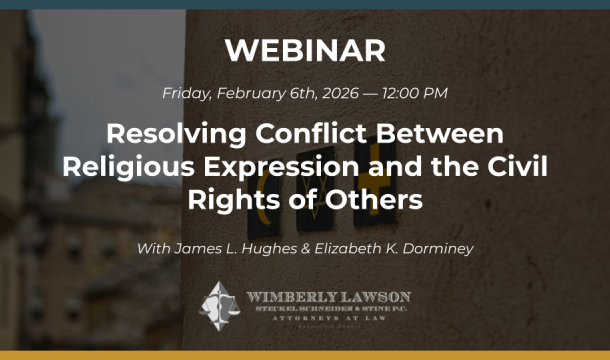TPS Designation for Honduras and Nicaragua Automatically Extended, But the Date is Uncertain
The Department of Homeland Security (DHS) has not issued a Federal Register notice to terminate the Temporary Protected Status (TPS) designations for Honduras and Nicaragua, originally set to end on July 5, 2025.
Under federal law, the Secretary of DHS is required to provide a 60-day advance notice in the Federal Register before terminating a country’s TPS designation. When no such notice is published, the TPS designation is automatically extended by six (6) months. Accordingly, the current TPS designation and Employment Authorization Document (EAD) validity for eligible nationals of Honduras and Nicaragua would normally be extended through January 5, 2026, but as explained below, the government has a different interpretation.
On July 7, 2025, the Secretary of Homeland Security issued notice of termination of TPS designation for Honduras and Nicaragua, effective 60 days after publication of the notice in the Federal Register. We expect the publication date to be July 8, 2025, and the 60 days after publication would be September 7, 2025. The notice is expected to state that work authorization is automatically extended through September 7, 2025. There is a reasonable argument that the termination cannot occur before January 5, 2026. Litigation is expected.
What This Means for TPS Beneficiaries from Honduras and Nicaragua
-
Automatic EAD Extension
If the EAD shows a July 5, 2025, expiration date and the category code is A12 or C19, the work authorization is now automatically extended until January 5, 2026 (or possibly September 7,2025). This extension does not require the worker to take further action, provided that the underlying TPS status remains valid.
-
540-Day Rule for Earlier EAD Expirations
If the worker holds an older EAD with an expiration date of:
- January 5, 2018
- January 5, 2019
- April 2, 2019
- January 2, 2020
- January 4, 2021
- October 4, 2021
- December 31, 2022
- June 30, 2024
- March 9, 2025
and has filed a Form I-765 renewal during the latest TPS designation period ending July 5, 2025, the work authorization may be extended up to 540 days from the original expiration date, but not beyond January 5, 2026 (or possibly September 7, 2025). To benefit from this extension, the worker must present the Form I-797C Receipt Notice showing category A12 or C19.
What Employers Should Know
Employers must remain compliant with Form I-9 verification. TPS beneficiaries who qualify for the automatic EAD extension can continue to work lawfully through September 7, 2025, or possibly January 5, 2026, provided they present appropriate documentation. Employers should not request additional proof beyond what is required under USCIS guidance for auto-extended EADs.
Questions? Need more information? Call Jim Hughes at (404) 365-0900.
Get Email Updates
Recent Content

Effect of Administration’s Abandonment of Disparate Impact in the Area of Discrimination Continues to Be Felt

Issues Arise for Employers Concerning the Overtime Tax Break

NLRB To Move Quickly as Quorum Is Restored

EEOC Issues New Guidance on National Origin Discrimination

Resolving Conflict Between Religious Expression and the Civil Rights of Others



